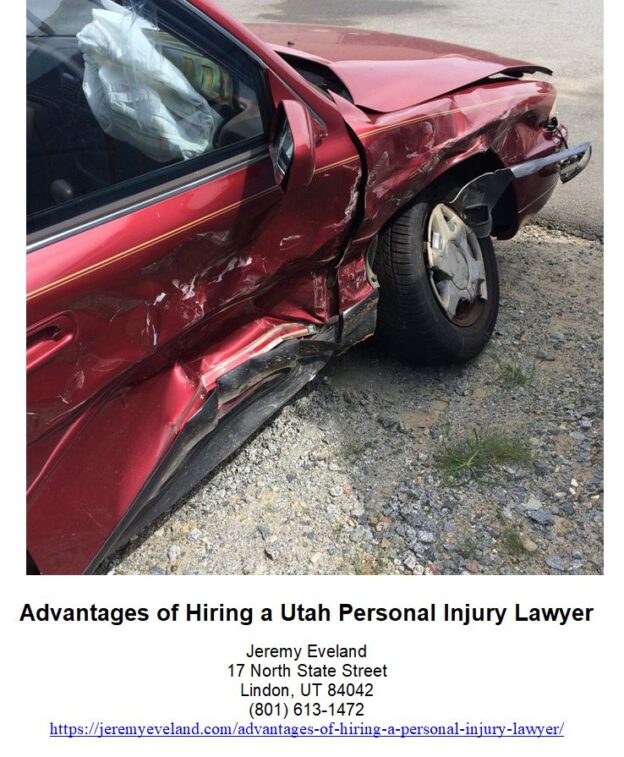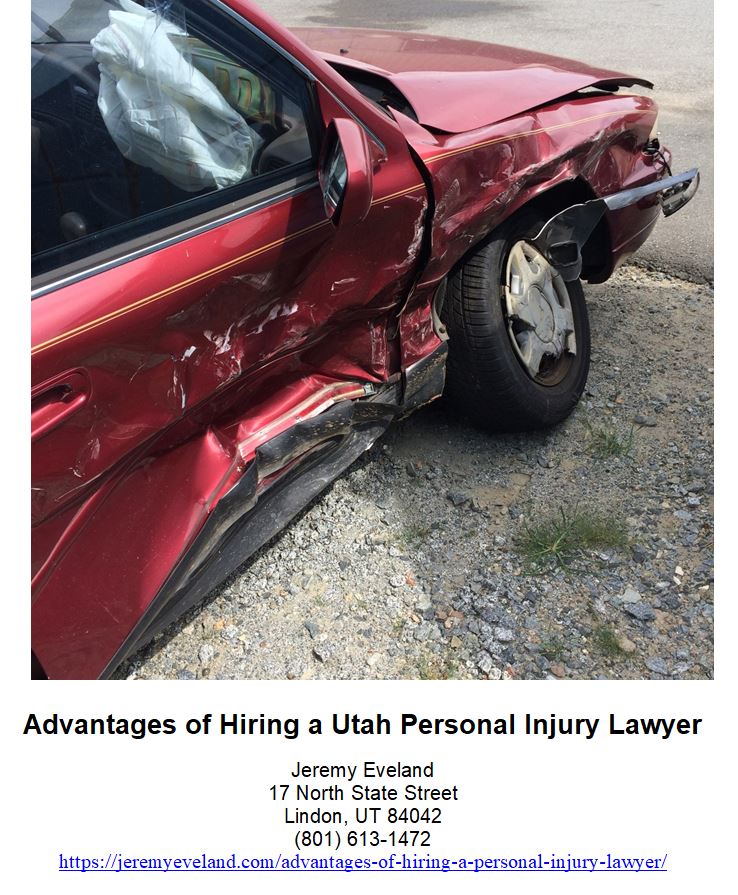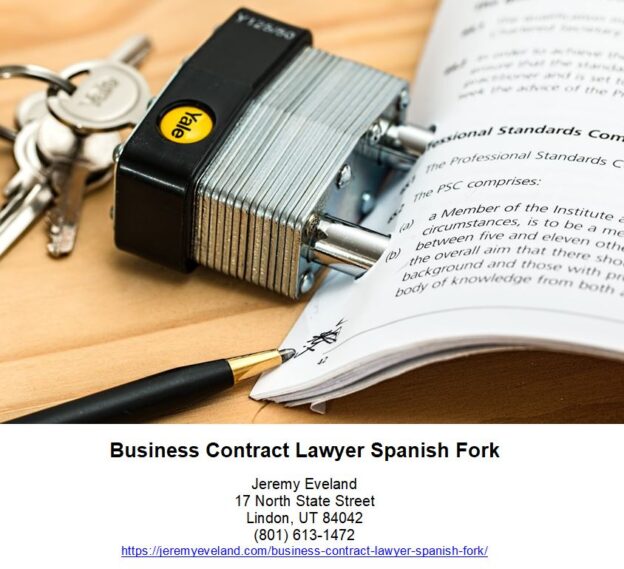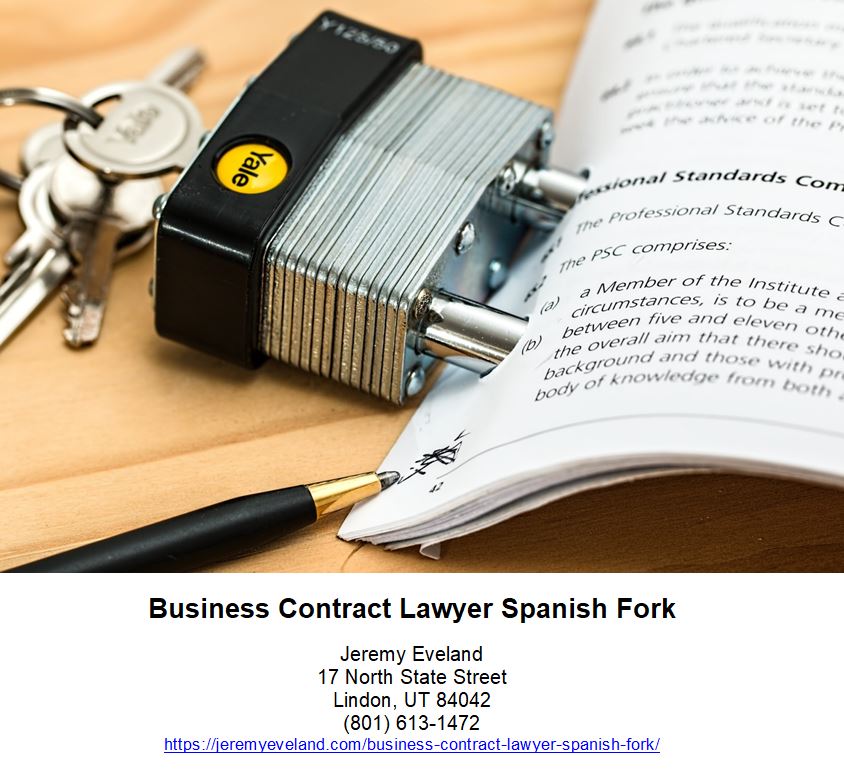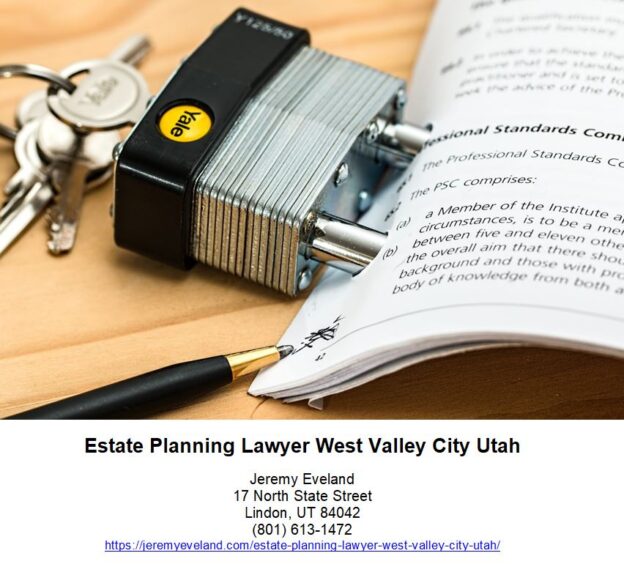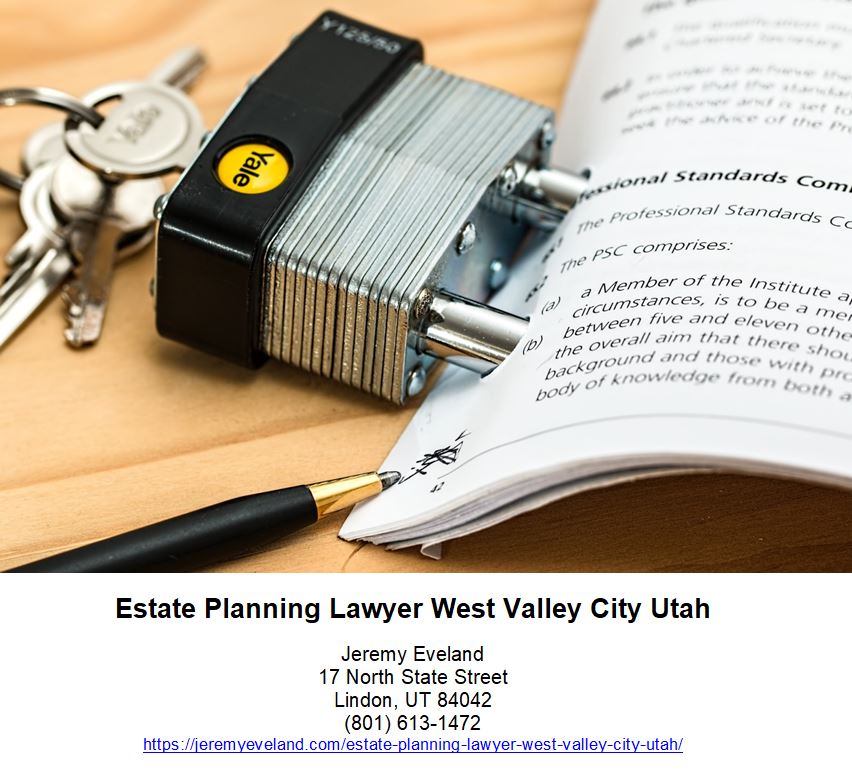“Protecting Workers’ Rights: The Fair Labor Standards Act”
Introduction
The Fair Labor Standards Act (FLSA) is a federal law that establishes minimum wage, overtime pay, recordkeeping, and child labor standards affecting full-time and part-time workers in the private sector and in federal, state, and local governments. The FLSA was enacted in 1938 and is administered by the U.S. Department of Labor’s Wage and Hour Division. The FLSA sets the minimum wage, overtime pay, and other labor standards for employees in the United States. It also provides for the enforcement of these standards. The FLSA is an important law that protects the rights of workers and ensures that they are paid fairly for their work.
Exploring the Occupational Exemptions Under the Fair Labor Standards Act
The Fair Labor Standards Act (FLSA) is a federal law that establishes minimum wage, overtime pay, recordkeeping, and child labor standards for employers in the United States. The FLSA also provides certain exemptions from these requirements for certain types of employees. This article will provide an overview of the occupational exemptions under the FLSA.
The FLSA provides exemptions from minimum wage and overtime pay requirements for certain types of employees. These exemptions are based on the type of work performed, the amount of pay received, and the employer’s business structure. Generally, the exemptions are divided into two categories: executive, administrative, and professional employees (EAP) and outside sales employees.
The EAP exemption applies to employees who are employed in a bona fide executive, administrative, or professional capacity. To qualify for this exemption, the employee must be paid a salary of at least $684 per week and must perform certain duties. These duties include managing the enterprise or a department or subdivision of the enterprise; performing non-manual work directly related to the management or general business operations of the employer or the employer’s customers; and exercising discretion and independent judgment with respect to matters of significance.
The outside sales exemption applies to employees who are employed in a bona fide outside sales capacity. To qualify for this exemption, the employee must be paid a salary of at least $684 per week and must perform certain duties. These duties include making sales or obtaining orders or contracts for services or for the use of facilities for which a consideration will be paid by the customer or client.
The FLSA also provides exemptions for certain types of employees who are employed in a computer-related occupation. To qualify for this exemption, the employee must be paid a salary of at least $684 per week and must perform certain duties. These duties include the application of systems analysis techniques and procedures, including consulting with users to determine hardware, software, or system functional specifications; designing, developing, documenting, analyzing, creating, testing, or modifying computer systems or programs, including prototypes, based on and related to user or system design specifications; and providing advice or training to users on the use of computer systems or programs.
Finally, the FLSA provides exemptions for certain types of employees who are employed in a creative professional capacity. To qualify for this exemption, the employee must be paid a salary of at least $684 per week and must perform certain duties. These duties include the performance of work requiring invention, imagination, originality, or talent in a recognized field of artistic or creative endeavor.
In summary, the FLSA provides certain exemptions from minimum wage and overtime pay requirements for certain types of employees. These exemptions are based on the type of work performed, the amount of pay received, and the employer’s business structure. Generally, the exemptions are divided into two categories: executive, administrative, and professional employees (EAP) and outside sales employees. Additionally, the FLSA provides exemptions for certain types of employees who are employed in a computer-related occupation or a creative professional capacity. Employers should consult with legal counsel to ensure that they are in compliance with the FLSA and its exemptions.
How the Fair Labor Standards Act Affects Laid Off Employees
The Fair Labor Standards Act (FLSA) is a federal law that sets standards for minimum wage, overtime pay, recordkeeping, and child labor. It also provides protection for laid off employees.
Under the FLSA, employers must provide laid off employees with their final paycheck on the next regular payday. This includes any wages earned, as well as any accrued vacation or sick pay. Employers must also provide laid off employees with a written notice of their termination, including the date of termination and the reason for the termination.
The FLSA also requires employers to provide laid off employees with a notice of their rights under the Worker Adjustment and Retraining Notification (WARN) Act. This notice must include information about the employee’s right to receive advance notice of a plant closing or mass layoff, as well as information about the employee’s right to receive severance pay.
In addition, the FLSA requires employers to provide laid off employees with information about their rights under the Consolidated Omnibus Budget Reconciliation Act (COBRA). This includes information about the employee’s right to continue their health insurance coverage for up to 18 months after their termination.
Finally, the FLSA requires employers to provide laid off employees with information about their rights under the Family and Medical Leave Act (FMLA). This includes information about the employee’s right to take up to 12 weeks of unpaid leave for certain family and medical reasons.
The FLSA provides important protections for laid off employees. By understanding their rights under the FLSA, laid off employees can ensure that they receive the wages and benefits they are entitled to.
Health Insurance Under FLSA
The Fair Labor Standards Act (FLSA) is a federal law that establishes minimum wage, overtime pay, recordkeeping, and child labor standards for employers in the United States. The FLSA does not require employers to provide health insurance to their employees. However, employers may choose to offer health insurance as part of their employee benefits package.
Employers who choose to offer health insurance must comply with certain requirements under the FLSA. For example, employers must provide equal access to health insurance benefits regardless of an employee’s race, color, religion, sex, national origin, age, or disability. Additionally, employers must provide health insurance benefits that are equal in value to those offered to other employees.
Employers must also comply with the Affordable Care Act (ACA) when offering health insurance. The ACA requires employers with 50 or more full-time employees to offer health insurance that meets certain standards. Employers who fail to comply with the ACA may be subject to penalties.
The FLSA does not require employers to provide health insurance to their employees. However, employers who choose to offer health insurance must comply with certain requirements under the FLSA and the ACA. By doing so, employers can ensure that their employees have access to quality health insurance benefits.
Stock Options Under FLSA
The Fair Labor Standards Act (FLSA) is a federal law that establishes minimum wage, overtime pay, recordkeeping, and child labor standards for employers in the United States. It also provides guidance on the use of stock options as a form of compensation.
Stock options are a type of equity compensation that allows employees to purchase company stock at a predetermined price. This type of compensation is often used to reward employees for their hard work and loyalty.
Under the FLSA, employers must provide employees with certain information about their stock options. This includes the number of shares available, the purchase price, the vesting period, and any restrictions on the sale of the stock. Employers must also provide employees with a written statement that explains the terms and conditions of the stock option plan.
Employers must also ensure that employees are not required to purchase stock options as a condition of employment. This means that employers cannot require employees to purchase stock options in order to remain employed.
Employers must also ensure that employees are not required to purchase stock options at a price that is higher than the fair market value of the stock. This is to ensure that employees are not being taken advantage of by their employers.
Finally, employers must ensure that employees are not required to purchase stock options with borrowed money. This is to protect employees from taking on too much debt in order to purchase stock options.
The FLSA provides guidance on the use of stock options as a form of compensation. Employers must ensure that they are following the law when offering stock options to their employees. This will help to ensure that employees are not taken advantage of and that they are receiving fair compensation for their work.
Exemptions to the Fair Labor Standards Act
The Fair Labor Standards Act (FLSA) is a federal law that establishes minimum wage, overtime pay, recordkeeping, and child labor standards for employers in the United States. While the FLSA applies to most employers, there are certain exemptions that may apply.
The most common exemptions are for executive, administrative, professional, outside sales, and computer employees. To qualify for these exemptions, employees must meet certain criteria, including a minimum salary threshold and job duties tests.
In addition, the FLSA provides exemptions for certain types of employees, such as volunteers, student workers, and seasonal employees. These exemptions are based on the type of work performed and the employer’s business operations.
The FLSA also provides exemptions for certain types of businesses, such as small farms, seasonal amusement or recreational establishments, and certain types of transportation workers.
Finally, the FLSA provides exemptions for certain types of employees who are not covered by the minimum wage and overtime provisions, such as independent contractors, certain types of agricultural workers, and certain types of domestic service workers.
It is important to note that the exemptions to the FLSA are complex and may vary depending on the type of employee and the employer’s business operations. Employers should consult with legal counsel to ensure that they are in compliance with the FLSA.
Special Certificates Under the Fair Labor Standards Act
The Fair Labor Standards Act (FLSA) is a federal law that establishes minimum wage, overtime pay, recordkeeping, and child labor standards for employers in the United States. The FLSA also provides for certain special certificates that allow employers to pay employees less than the minimum wage or to employ them in occupations otherwise prohibited by the FLSA.
The most common special certificates are those issued for student learners, full-time students, and individuals with disabilities. Student learners are those who are employed in retail or service establishments, agriculture, or colleges and universities, and who are enrolled in a vocational education program. Full-time students are those who are employed in retail or service establishments, agriculture, or colleges and universities, and who are enrolled in a course of study that is not related to their employment. Individuals with disabilities are those who have a physical or mental impairment that substantially limits one or more major life activities, and who are employed in a job that is commensurate with their abilities.
In order to obtain a special certificate, employers must submit an application to the Wage and Hour Division of the U.S. Department of Labor. The application must include information about the employee, the job duties, and the wages to be paid. The Wage and Hour Division will review the application and determine whether the employee is eligible for the special certificate. If the application is approved, the employer will be issued a certificate that allows them to pay the employee less than the minimum wage or to employ them in occupations otherwise prohibited by the FLSA.
It is important to note that special certificates are not a substitute for compliance with the FLSA. Employers must still comply with all other provisions of the FLSA, including paying the minimum wage and overtime pay, and maintaining accurate records of hours worked. Furthermore, employers must ensure that employees are not being exploited or subjected to hazardous working conditions.
By understanding the requirements of the FLSA and obtaining the appropriate special certificates, employers can ensure that they are in compliance with the law and that their employees are being treated fairly.
Fair Labor Standards Act on Independent Contractors
The Fair Labor Standards Act (FLSA) is a federal law that establishes minimum wage, overtime pay, recordkeeping, and child labor standards for employers in the United States. The FLSA applies to most employers and employees, but it does not apply to independent contractors.
Independent contractors are individuals who are hired to perform a specific job or service for a company, but who are not considered employees of the company. Independent contractors are typically self-employed and are responsible for their own taxes, insurance, and other business expenses.
Under the FLSA, independent contractors are not entitled to the same protections as employees. This includes the right to minimum wage, overtime pay, and other benefits. Independent contractors are also not covered by the FLSA’s recordkeeping requirements.
However, independent contractors may be subject to other federal and state laws. For example, some states have laws that require employers to pay independent contractors at least the minimum wage. Additionally, some states have laws that require employers to provide independent contractors with certain benefits, such as workers’ compensation insurance.
It is important for employers to understand the differences between employees and independent contractors. Misclassifying an employee as an independent contractor can lead to significant legal and financial consequences. Employers should consult with an attorney to ensure that they are in compliance with all applicable laws.
Subminimum Wage Provisions and Youth Minimum Wage
The minimum wage is a critical component of the labor market, as it sets the lowest possible wage that employers can pay their employees. In the United States, the federal minimum wage is currently set at $7.25 per hour, although some states have set their own minimum wage at a higher rate. In addition to the federal minimum wage, there are also subminimum wage provisions that allow employers to pay certain employees a lower wage than the federal minimum wage.
Subminimum wage provisions are typically used for employees who are under the age of 20, and are referred to as youth minimum wage. Under the Fair Labor Standards Act, employers are allowed to pay employees under the age of 20 a wage that is no less than $4.25 per hour for the first 90 days of employment. After the 90-day period, employers must pay the employee the full federal minimum wage.
The youth minimum wage is intended to provide employers with an incentive to hire young workers, as it allows them to pay a lower wage than the federal minimum wage. However, some critics argue that the youth minimum wage is unfair to young workers, as it allows employers to pay them less than the federal minimum wage.
In addition to the youth minimum wage, there are also subminimum wage provisions for certain types of employees, such as tipped employees and disabled workers. Tipped employees are allowed to be paid a lower wage than the federal minimum wage, as long as their tips make up the difference. Disabled workers may also be paid a lower wage than the federal minimum wage, as long as the wage is commensurate with their productivity.
Overall, subminimum wage provisions are an important part of the labor market, as they provide employers with an incentive to hire certain types of employees. However, it is important to ensure that these provisions are not used to exploit workers, and that all employees are paid a fair wage for their work.
Overtime Pay Under FLSA
The Fair Labor Standards Act (FLSA) is a federal law that establishes minimum wage, overtime pay, recordkeeping, and child labor standards for employers in the United States. The FLSA requires employers to pay employees overtime pay for any hours worked over 40 in a workweek. Overtime pay is calculated at one and one-half times the employee’s regular rate of pay.
The FLSA does not require employers to pay overtime for work on weekends or holidays, unless the employee works more than 40 hours in a workweek. Additionally, the FLSA does not require employers to pay overtime for work performed on a holiday, unless the employee works more than 40 hours in a workweek.
The FLSA also does not require employers to pay overtime for work performed on a day that is not a regular workday, such as a Saturday or Sunday. However, if an employee works more than 40 hours in a workweek, the employer must pay overtime for all hours worked over 40.
The FLSA also does not require employers to pay overtime for work performed on a day that is not a regular workday, such as a Saturday or Sunday. However, if an employee works more than 40 hours in a workweek, the employer must pay overtime for all hours worked over 40.
The FLSA does not require employers to pay overtime for work performed on a holiday, unless the employee works more than 40 hours in a workweek. Additionally, the FLSA does not require employers to pay overtime for work performed on a day that is not a regular workday, such as a Saturday or Sunday.
The FLSA also does not require employers to pay overtime for work performed on a day that is not a regular workday, such as a Saturday or Sunday. However, if an employee works more than 40 hours in a workweek, the employer must pay overtime for all hours worked over 40.
The FLSA requires employers to pay employees overtime pay for any hours worked over 40 in a workweek. Overtime pay is calculated at one and one-half times the employee’s regular rate of pay. Employers must also keep accurate records of all hours worked by employees and must pay overtime wages in a timely manner.

The FLSA is a complex law and employers should consult with an attorney or other knowledgeable professional to ensure compliance with the law. Employers should also be aware of any state or local laws that may provide additional protections for employees.
Recordkeeping Under the Fair Labor Standards Act
The Fair Labor Standards Act (FLSA) is a federal law that establishes minimum wage, overtime pay, recordkeeping, and child labor standards for employers in the United States. Employers must keep accurate records of the hours worked by their employees and the wages paid to them.
Employers must keep records of the following information for each employee:
• Name, address, and Social Security number
• Birth date, if the employee is under age 19
• Gender
• Occupation
• Time and day of the week when the employee’s workweek begins
• Hours worked each day and each workweek
• Total daily or weekly straight-time earnings
• Total overtime earnings for the workweek
• All additions to or deductions from the employee’s wages
• Total wages paid each pay period
• Date of payment and the pay period covered by the payment
• Any special payments, such as bonuses or commissions
• Records of any tips reported by the employee
• Records of any fringe benefits provided to the employee
• Records of any deductions from the employee’s wages
• Records of any leave taken by the employee
• Records of any wage garnishments
• Records of any other information required by the FLSA
Employers must keep these records for at least three years. In addition, employers must make these records available to the U.S. Department of Labor upon request.
By keeping accurate records of employee hours and wages, employers can ensure that they are in compliance with the FLSA and that their employees are being paid properly.
U.S. Department of Labor in Enforcing the Fair Labor Standards Act
The U.S. Department of Labor (DOL) is responsible for enforcing the Fair Labor Standards Act (FLSA). The FLSA establishes minimum wage, overtime pay, recordkeeping, and youth employment standards affecting employees in the private sector and in Federal, State, and local governments.
The Wage and Hour Division (WHD) of the DOL is responsible for administering and enforcing the FLSA. The WHD is responsible for investigating complaints of violations of the FLSA, conducting outreach and education activities, and providing technical assistance to employers and employees.
The WHD investigates complaints of violations of the FLSA, including complaints of unpaid wages, unpaid overtime, and child labor violations. The WHD also conducts investigations of employers who are suspected of violating the FLSA. The WHD may also conduct investigations of employers who are suspected of misclassifying employees as independent contractors or exempt from the FLSA’s minimum wage and overtime requirements.
The WHD also provides technical assistance to employers and employees to help them understand their rights and responsibilities under the FLSA. The WHD provides educational materials, such as fact sheets, posters, and webinars, to help employers and employees understand the FLSA’s requirements.
The WHD also conducts outreach and education activities to inform employers and employees about their rights and responsibilities under the FLSA. The WHD may conduct seminars, webinars, and other events to educate employers and employees about the FLSA.
The DOL is committed to enforcing the FLSA and ensuring that employers comply with the law. The DOL takes enforcement action against employers who violate the FLSA, including assessing civil money penalties, ordering employers to pay back wages, and filing lawsuits against employers who fail to comply with the law.
The DOL is committed to protecting the rights of workers and ensuring that employers comply with the FLSA. The DOL’s enforcement efforts help ensure that workers are paid fairly and that employers comply with the law.
Retaliation is Prohibited Under the FLSA
The Fair Labor Standards Act (FLSA) is a federal law that establishes minimum wage, overtime pay, recordkeeping, and child labor standards for employers in the United States. The FLSA also prohibits employers from retaliating against employees who exercise their rights under the law.
Retaliation is defined as any action taken by an employer against an employee in response to the employee’s exercise of rights under the FLSA. This includes any action that would discourage a reasonable employee from exercising their rights under the law. Examples of prohibited retaliatory actions include reducing an employee’s hours, changing an employee’s job duties, or terminating an employee.
It is important to note that employers are prohibited from retaliating against employees even if the employee’s claim is ultimately found to be invalid. Employers are also prohibited from retaliating against employees who file complaints with the Department of Labor or participate in an investigation or lawsuit related to the FLSA.
Employees who believe they have been retaliated against for exercising their rights under the FLSA should contact the Department of Labor or an attorney to discuss their options. It is important to remember that retaliation is prohibited under the FLSA and that employees have the right to exercise their rights without fear of retribution.
The Impact of the Fair Labor Standards Act on Employers
The Fair Labor Standards Act (FLSA) of 1938 is a federal law that sets standards for minimum wage, overtime pay, recordkeeping, and child labor. It is enforced by the Wage and Hour Division of the U.S. Department of Labor. The FLSA affects employers in a variety of ways, from the wages they must pay to the hours their employees can work.
The FLSA requires employers to pay their employees at least the federal minimum wage, which is currently $7.25 per hour. Employers must also pay overtime wages to employees who work more than 40 hours in a workweek. Overtime wages must be at least one and a half times the employee’s regular rate of pay.
The FLSA also sets limits on the number of hours that minors can work. Generally, minors under the age of 16 cannot work more than three hours on a school day, eight hours on a non-school day, or 40 hours in a workweek.
The FLSA also requires employers to keep accurate records of their employees’ wages and hours worked. This includes the employee’s name, address, and Social Security number, as well as the hours worked each day and the wages paid.
Finally, the FLSA prohibits employers from discriminating against employees based on their race, color, sex, national origin, religion, age, or disability. Employers must also provide a safe and healthy work environment for their employees.
The FLSA has a significant impact on employers. It requires employers to pay their employees at least the federal minimum wage, pay overtime wages, keep accurate records, and comply with child labor laws. It also prohibits employers from discriminating against their employees and requires them to provide a safe and healthy work environment. By following the requirements of the FLSA, employers can ensure that their employees are treated fairly and that their business is in compliance with the law.
Exploring the Amendments to the Fair Labor Standards Act
The Fair Labor Standards Act (FLSA) is a federal law that establishes minimum wage, overtime pay, recordkeeping, and child labor standards for employers in the United States. The FLSA was first enacted in 1938 and has been amended several times since then. The most recent amendments to the FLSA were made in 2009.
The 2009 amendments to the FLSA increased the minimum wage from $6.55 to $7.25 per hour. This increase was the first since 1997 and was intended to help low-wage workers keep up with inflation. The amendments also increased the salary threshold for overtime pay from $455 per week to $455 per week. This means that any employee who earns less than $455 per week must be paid overtime for any hours worked over 40 in a week.
The 2009 amendments also included provisions to protect workers from misclassification. Employers are now required to accurately classify their employees as either exempt or non-exempt from overtime pay. This is important because employers may be liable for back wages and other penalties if they misclassify their employees.
Finally, the 2009 amendments included provisions to protect workers from retaliation. Employers are now prohibited from retaliating against employees who file complaints or participate in investigations related to the FLSA.
The 2009 amendments to the FLSA have had a significant impact on the rights of workers in the United States. By increasing the minimum wage and providing protections against misclassification and retaliation, the amendments have helped to ensure that workers are treated fairly and compensated appropriately for their work.
Equal Pray Provisions under FLSA
The Fair Labor Standards Act (FLSA) is a federal law that establishes minimum wage, overtime pay, recordkeeping, and child labor standards for employers in the United States. The FLSA provides a number of provisions to protect employees from unfair labor practices.
Minimum Wage: The FLSA requires employers to pay employees at least the federal minimum wage, which is currently set at $7.25 per hour. Employers must also pay employees for any overtime hours worked at a rate of one and one-half times the employee’s regular rate of pay.
Overtime Pay: Employees who work more than 40 hours in a workweek must be paid overtime at a rate of one and one-half times their regular rate of pay.
Recordkeeping: Employers must keep accurate records of the hours worked by their employees and the wages paid to them.
Child Labor: The FLSA prohibits employers from employing minors under the age of 18 in certain hazardous occupations.
Equal Pay: The FLSA requires employers to pay men and women equally for equal work.
Tips: Employers must pay employees at least the federal minimum wage for all hours worked, including tips.
Breaks: The FLSA does not require employers to provide breaks or meal periods to their employees, but some states may have laws that require employers to provide breaks.
Posting Requirements: Employers must post a notice of the FLSA’s provisions in a conspicuous place in the workplace.
Q&A
Q: What is the Fair Labor Standards Act?
A: The Fair Labor Standards Act (FLSA) is a federal law that establishes minimum wage, overtime pay, recordkeeping, and child labor standards affecting full-time and part-time workers in the private sector and in federal, state, and local governments.
Q: Who is covered by the Fair Labor Standards Act?
A: The FLSA covers most private sector employees, as well as some public sector employees. Generally, employees who are covered by the FLSA must be paid at least the federal minimum wage and receive overtime pay for hours worked over 40 in a workweek.
Q: What is the federal minimum wage?
A: The federal minimum wage is currently $7.25 per hour.
Q: Does the Fair Labor Standards Act require employers to provide paid vacation or sick leave?
A: No. The FLSA does not require employers to provide paid vacation or sick leave.
Q: Does the Fair Labor Standards Act require employers to provide health insurance?
A: No. The FLSA does not require employers to provide health insurance.
Q: Does the Fair Labor Standards Act require employers to provide meal or rest breaks?
A: No. The FLSA does not require employers to provide meal or rest breaks.
Q: Does the Fair Labor Standards Act require employers to pay overtime?
A: Yes. The FLSA requires employers to pay overtime to employees who work more than 40 hours in a workweek.
Q: Does the Fair Labor Standards Act require employers to pay double time?
A: No. The FLSA does not require employers to pay double time.
Q: Does the Fair Labor Standards Act require employers to pay employees for holidays?
A: No. The FLSA does not require employers to pay employees for holidays.
Q: Does the Fair Labor Standards Act require employers to provide a minimum number of hours of work?
A: No. The FLSA does not require employers to provide a minimum number of hours of work.
Q: Does the Fair Labor Standards Act require employers to provide a minimum number of days off?
A: No. The FLSA does not require employers to provide a minimum number of days off.
Q: Does the Fair Labor Standards Act require employers to provide a minimum number of days of vacation?
A: No. The FLSA does not require employers to provide a minimum number of days of vacation.
Q: Does the Fair Labor Standards Act require employers to provide a minimum number of days of sick leave?
A: No. The FLSA does not require employers to provide a minimum number of days of sick leave.
Q: Does the Fair Labor Standards Act require employers to provide a minimum number of days of bereavement leave?
A: No. The FLSA does not require employers to provide a minimum number of days of bereavement leave.
Q: Does the Fair Labor Standards Act require employers to provide a minimum number of days of jury duty leave?
A: No. The FLSA does not require employers to provide a minimum number of days of jury duty leave.
Fair Labor Standards Act Consultation
When you need help with Fair Labor Standards Act call Jeremy D. Eveland, MBA, JD (801) 613-1472 for a consultation.
Jeremy Eveland
17 North State Street
Lindon UT 84042
(801) 613-1472
Home
Related Posts
Do I Need A Board of Directors?
Business Plan
Administrative Law
Business Market Volatility
Business Consulting
Seller Financing A Business
Management Consulting
Running a Business
Creating Business Systems
Dispute Resolution
Mediation
Arbitration
OSHA Law
Sustainable Business Model
Business Success
Management Training
Leadership Training
Estate Planning Lawyer West Valley City Utah
Business Contract Lawyer Spanish Fork
Accord and Satisfaction
Civil Litigation
Business Market Research
Corporate Attorney Riverton Utah
Advantages of Hiring a Utah Personal Injury Lawyer
Full Service Law Firm
Estate Planning Lawyer Provo Utah
Line of Credit
Issuance of Stock
Fair Labor Standards Act






